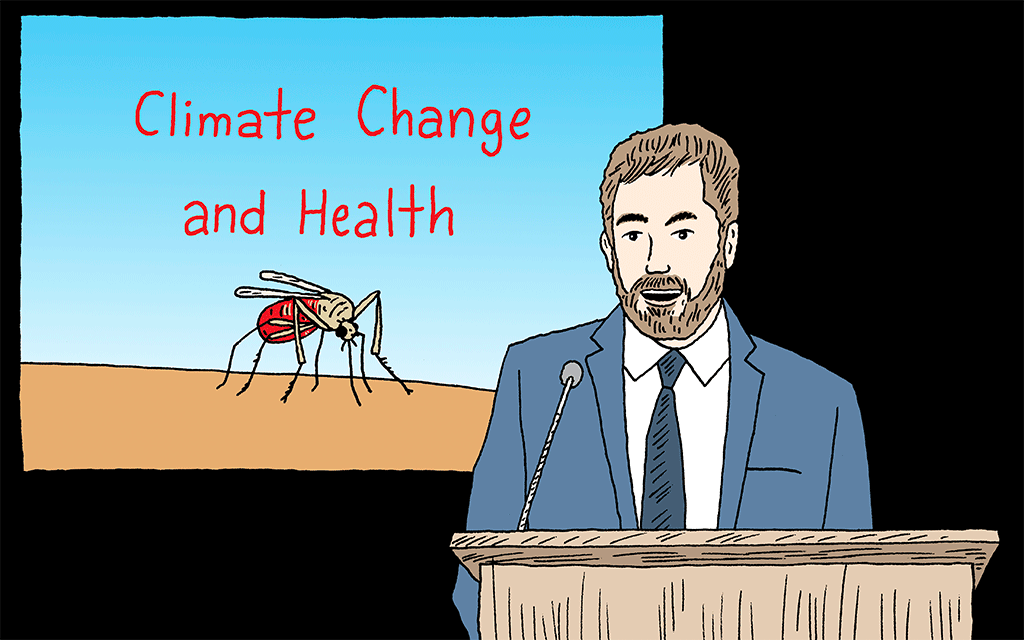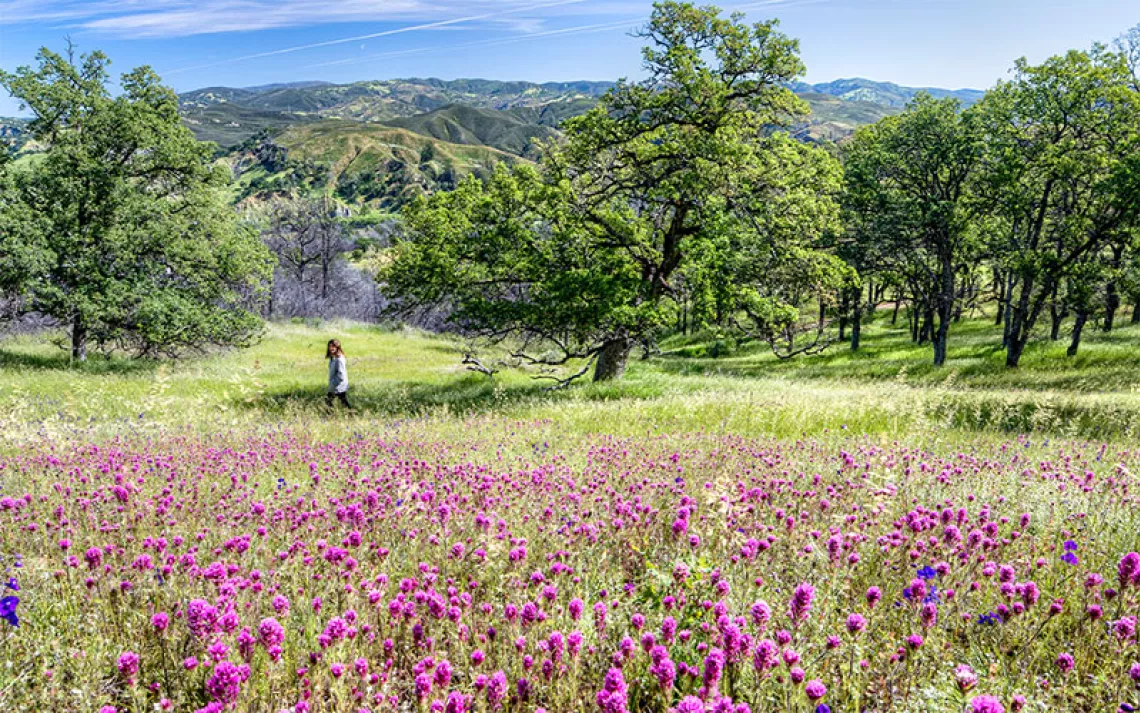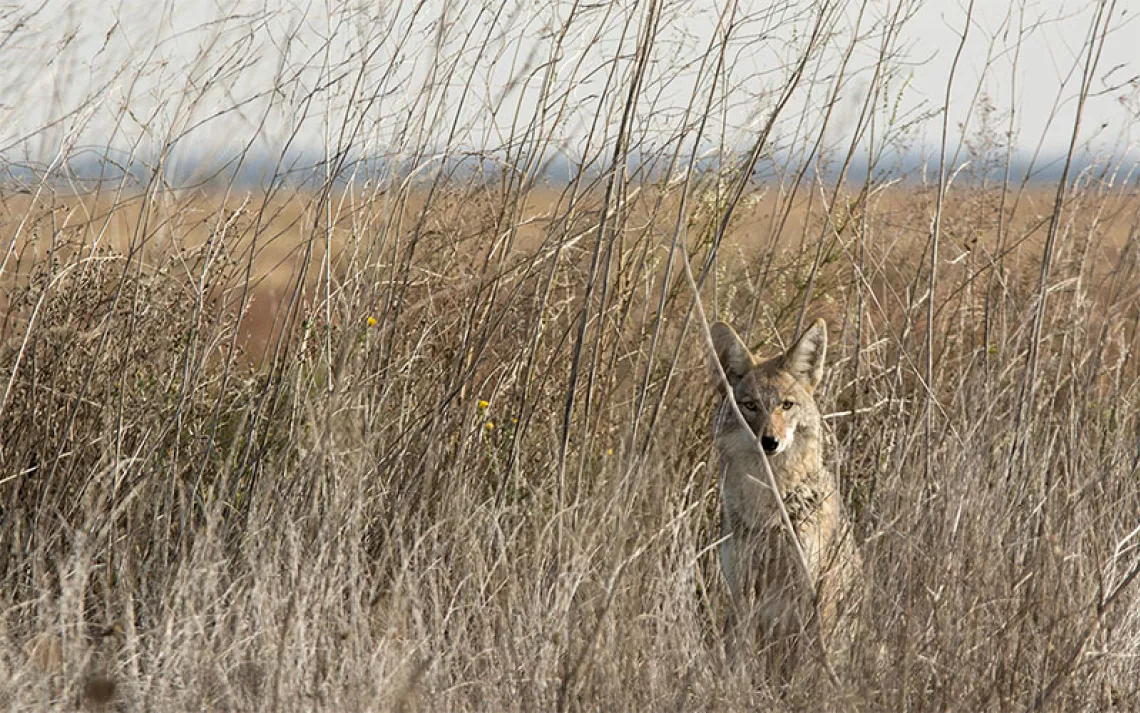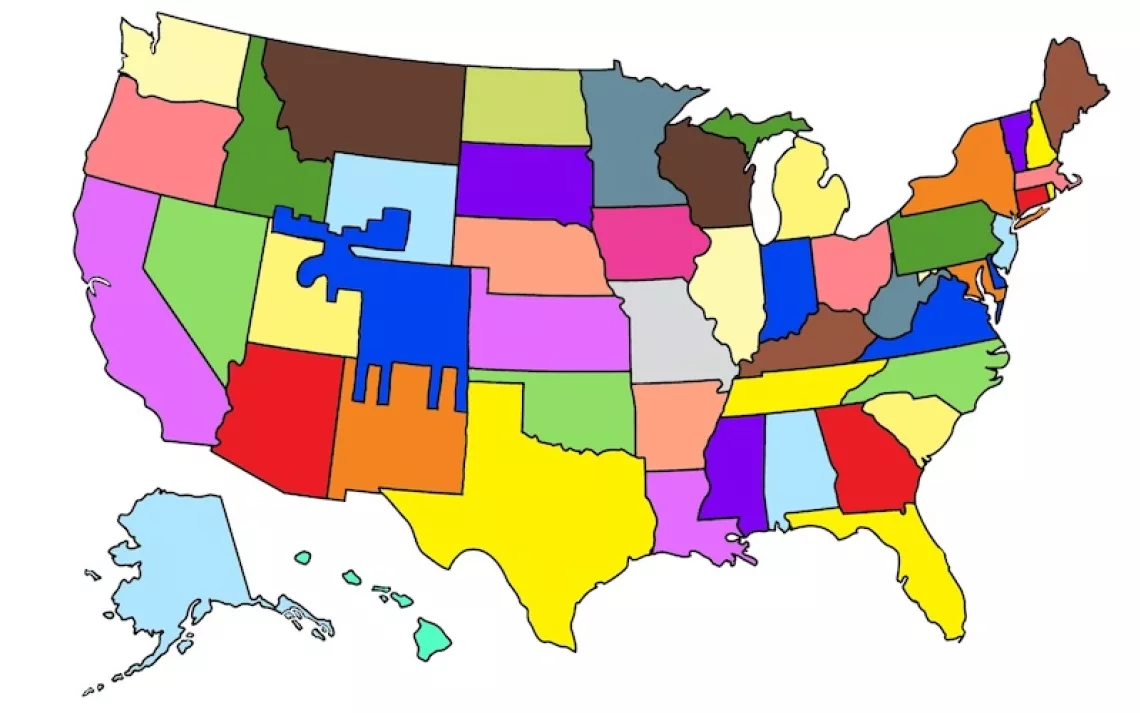ICYMI: Forbidden Words & a Whole Lot of Fires
A weekly news round-up for busy people

A top scientist at the CDC says that he was told not to use the words “climate change” when talking about the rise of infectious diseases.
A group of eagles bankrupt a research project by incurring hefty roaming charges when they unexpectedly fly to Pakistan.
Big-time Trump supporter Murray Energy becomes the ninth coal company to file for bankruptcy during the Trump administration.
Toyota, General Motors, and Fiat Chrysler side with the Trump administration against Honda, Ford, and the state of California over the issue of whether California can set its own auto emissions standards.
SUVs have been the second-largest contributor to the rise in global emissions around the world—if they formed their own nation, they’d be the seventh-largest emitter worldwide.
Twitter’s new ban on political advertising will mean an end (at least on Twitter) to the American Petroleum Institute’s use of old footage of Obama to run pro–natural gas ads and Exxon’s claims that New York’s climate change lawsuit is a conspiracy orchestrated by the Rockefellers. UPDATE: Twitter says these ads aren't actually political.
Installing wind turbines and solar panels in the Midwest would produce both the biggest public health benefits and the greatest emissions cuts.
The CEO of PG&E tells California energy regulators that it will take a decade of blackouts like the recent ones that left nearly 800,000 customers without power before the utility is able to keep the power on without accidentally starting fires with its own equipment during fire season.
Just one small part of the Kincade Fire in California released an amount of CO2 equivalent to the capacity of a large coal-fired power plant.
California’s wildfires are now also a study into the long-term health effects of exposure to wildfire smoke.
In the US, deaths related to air pollution increased by 9,700 a year from 2016 to 2018.
The US insurance industry is restricting loans and insurance to tar sands and coal operations.
In North Dakota, the Keystone pipeline leaked an estimated 383,000 gallons of tar sands crude.
Revenue from wind turbines helped provide a steady income to Ohio farmers who struggled to get crops in the ground during this year’s spring floods.
A private equity firm on Wall Street is buying up a whole lot of water rights in Washington State.
Who wants to hunt invasive pythons in Florida? Pretty much everyone.
In Texas, home sellers now have to disclose both the flood history and the flood risk of any home on the market.
A secret deal between the National Association of Home Builders and the nonprofit that creates the building codes that are used nationwide blocked measures that would have required new construction to be more energy-efficient and better adapted to climate change.
The US government lost billions of dollars of oil and gas revenue from offshore drilling because of a legal loophole dating back to the 1990s.
Rising sea levels threaten the homes of 300 million people around the world.
A new report further connects Brazilian president Jair Bolsonaro, whose policies have decimated the Amazon rainforest, to the murderer of politician Marielle Franco.
Greenhouse gas emissions caused by the clearing of tropical rainforests around the world are six times higher than previously thought.
After public outcry, the National Park Service retracts a previous order that would have allowed ATVs in Utah’s national parks.
Plans to extract lithium from beneath the shores of California’s Salton Sea are afoot once again.
The first of nine hydropower dams planned for the lower Mekong River formally begins operation, while villagers downstream protest.
The Kaliwa Dam, which would flood forest reserve land and several Indigenous sacred sites in the Philippines, gets the green light to move ahead.
The Natural History Museum in London names a tiny species of beetle after environmentalist Greta Thunberg.
A study in Denmark finds that less than 5 percent of cyclists break traffic laws, while 66 percent of motorists do so.
Trick-or-treaters don’t have to worry about poison candy but do need to worry about cars.
Australian water rats figure out how to feast on invasive poisonous cane toads that are trying to muscle into their territory.
Pentagon sources tell the Washington Post that they exploited Trump's obsession with oil in order to get him to agree to leave troops in Syria.
Trump tells a gathering of police chiefs in Chicago that the US plans on "keeping the oil" it finds in Syria—a statement that violates international laws against pillage.
Peak oil could happen as soon as four years from now—not from lack of supply but from lack of demand.
 The Magazine of The Sierra Club
The Magazine of The Sierra Club



